How Antibiotics Really Affect Your Skin Health

If you’ve ever needed to take antibiotics, chances are that your focus at the time was recovering from whatever illness you may have been suffering from. Very few people pay attention to the potential side effects that antibiotics can cause, leaving them surprised when they notice that their medication has had an impact on their skin.
Read on as Vine Vera explains how antibiotics can affect the health of your skin, along with what you can do to keep your complexion as happy as possible while you recover.
What Exactly Are Antibiotics?
Antibiotics are medications that contain an antimicrobial substance. This allows them to fight against bacteria, which is why antibiotics are a go-to when it comes to both preventing and treating bacterial infections. They’re capable of both inhibiting the growth of bacteria as well as killing bacteria, and they usually start working as soon as they have bee ingested/applied.
Antibiotics come in different forms. They tend to be most commonly taken as pills but oral antibiotics also consist of capsules and liquids. There are topical antibiotics too, which are designed to be applied to the skin.
How Do Antibiotics Affect Skin Health?
It goes without saying that topical antibiotics that have been prescribed for a skin problem will, hopefully, help your complexion. However, if you’re taking oral antibiotics for any other reason, here are a few skin-related side effects to be aware of:
Sun Sensitivity
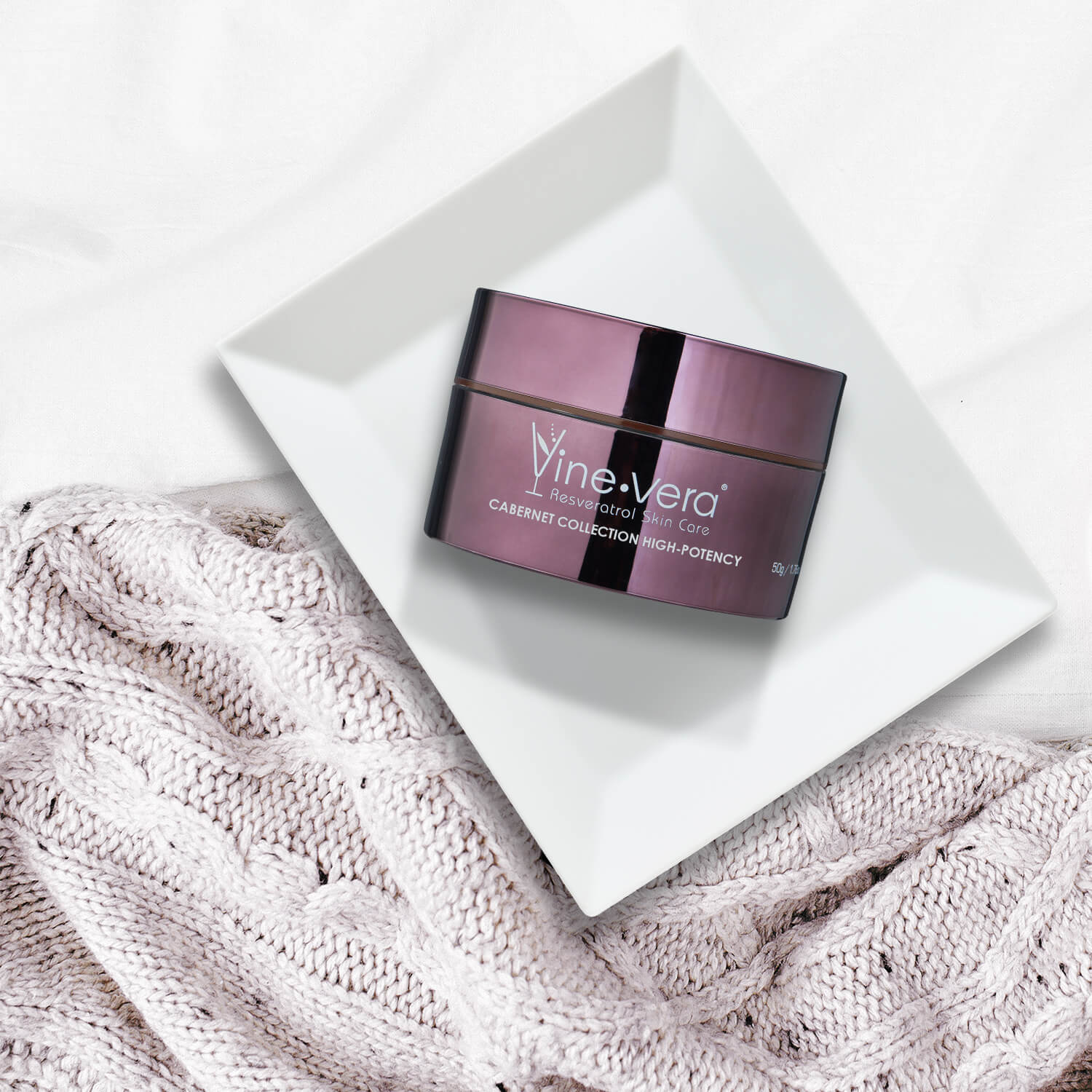
One of the most common side effects that people notice in their skin when taking antibiotics is sun sensitivity. Also known as photosensitivity, this essentially means that your skin will be temporarily more vulnerable to sun damage.
This is why many doctors advise that their patients avoid prolonged sun exposure when taking antibiotics. A broad-spectrum sunscreen is also a must, even on cloudy days. The symptoms of photosensitivity don’t only occur after you’ve been out in direct sunlight – UV rays trigger them too and these are pretty much always around!
If you don’t yet have a go-to sunscreen, check out the Vine Vera Resveratrol Cabernet Replenishing Moisture Cream SPF 30. It’s an SPF moisturizer, meaning that it’s much lighter and silkier-feeling than a regular sunscreen. Plus, in addition to protecting your complexion from the effects of photosensitivity, it will also provide a number of other benefits thanks to its wide range of antioxidants.
As much as possible, try to take additional sun protection measures too. Wear long and loose clothing to shield your body, along with sunglasses and a wide-brimmed hat to provide extra protection to your face.
Inflammation and Swelling
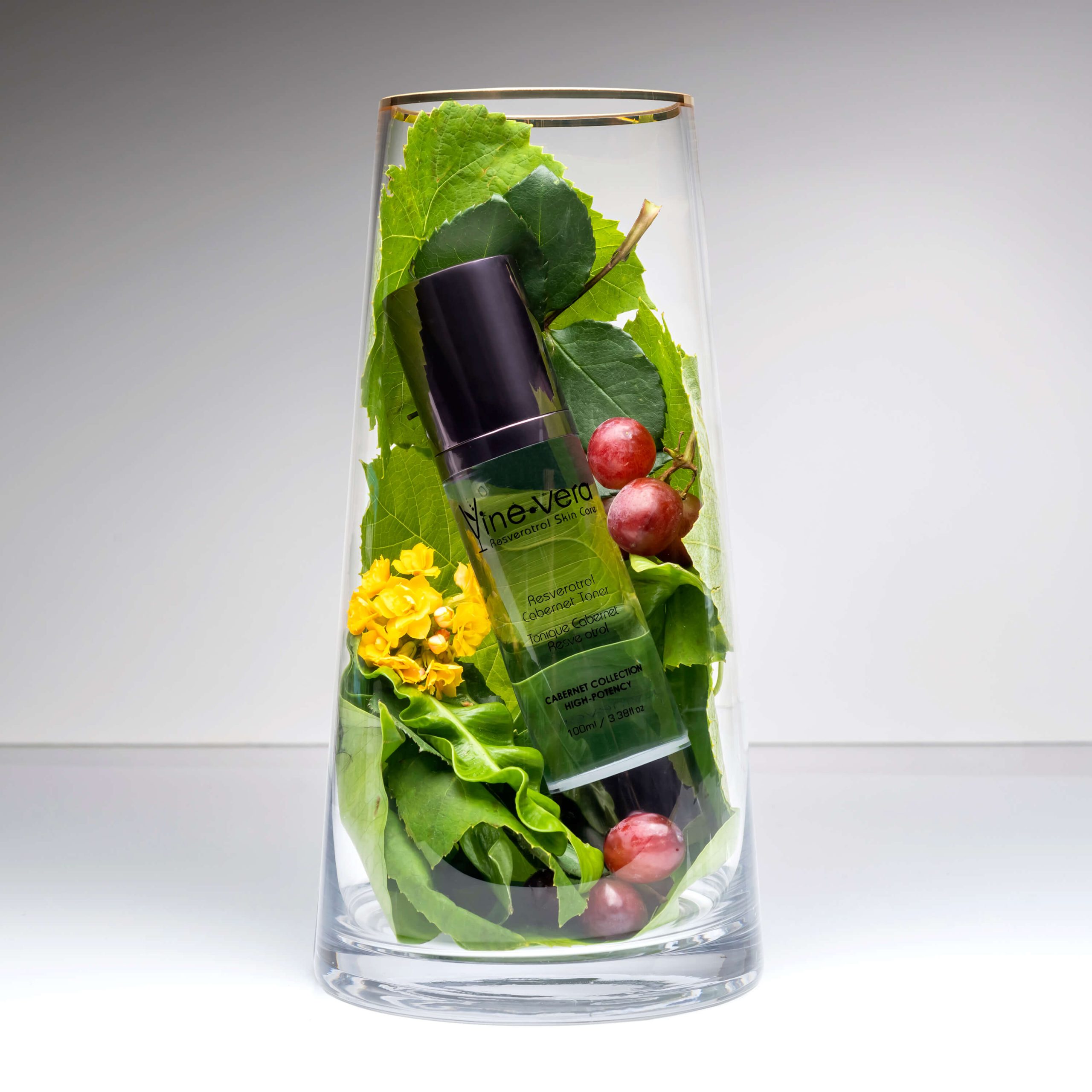
Due to how antibiotics cause the skin to be more sensitive to the sun, inflammation and swelling is common. It can sometimes feel as though your skin has been sunburnt, even though it may not look any different.
What can you do if this happens? Seek out skincare products designed to soothe the feeling of inflammation, just like the Vine Vera Resveratrol Cabernet Toner. One of the main ingredients in this toner is aloe vera leaf juice. You’re likely already familiar with how this ingredient is usually recommended when someone is suffering from a sunburn. This is down to how it has been proven to effectively calm the feeling of inflammation and reduce the look of swelling.
This toner also contains a few other ingredients that your skin will love if its feeling inflamed. Between cucumber fruit extract, chamomile extract, and resveratrol, it will soon have your complexion restored.
Discoloration
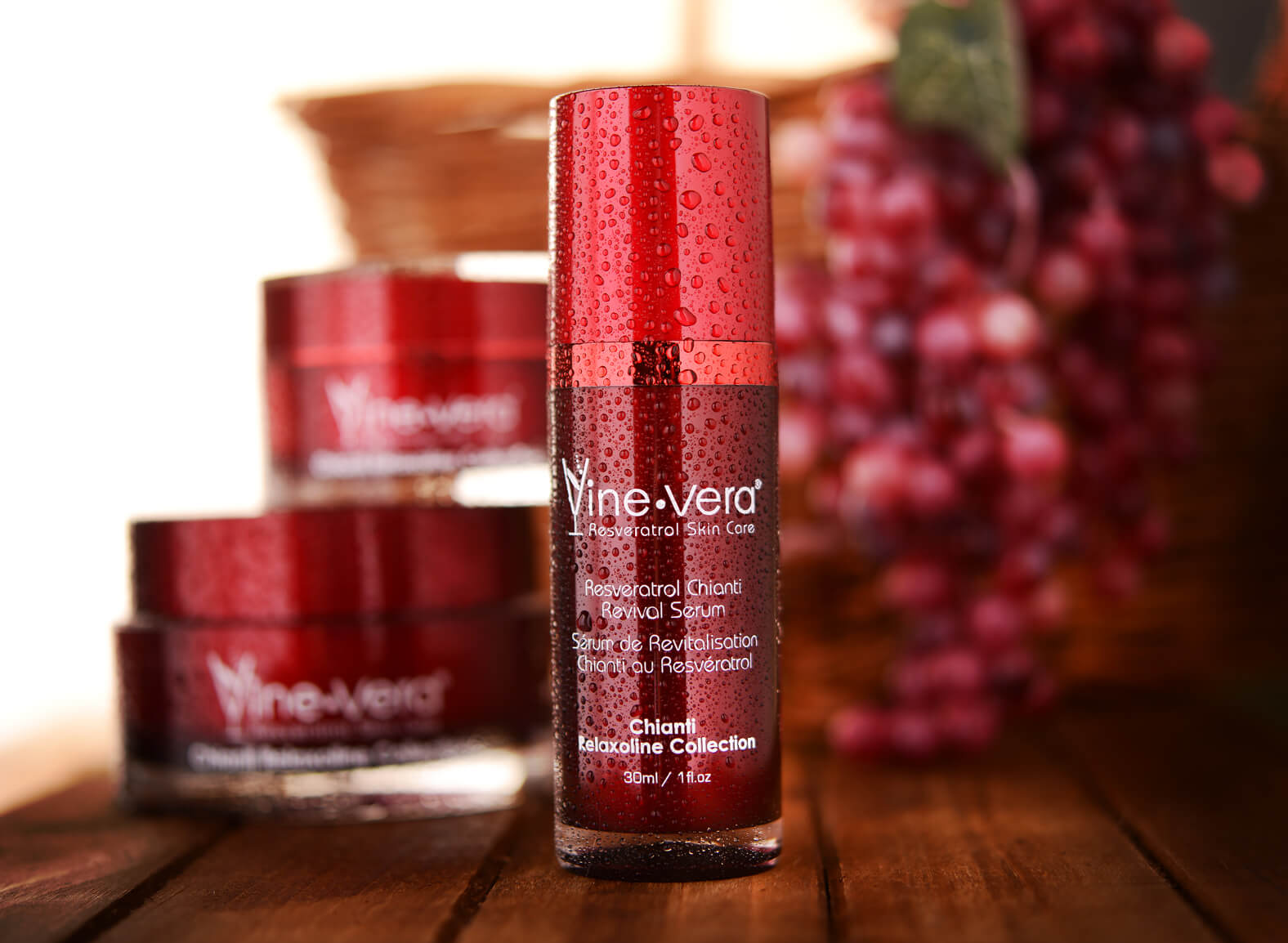
Another side effect that can come from the photosensitivity caused by antibiotics is discoloration. This is due to how the skin produces extra melanin when exposed to the sun. Melanin not only gives your skin its color but also serves as a form of natural protection against UV rays.
However, if your skin is photosensitive, then this means that it’s likely to go overboard when it comes to melanin production. It will end up producing too much, and there’ll be no space for all of that extra pigment to be evenly dispersed through your skin. Instead, it will clump up under certain areas, causing those parts of your skin to look darker in color.
Taking plenty of sun protection measures will go a long way in helping to prevent this. However, if you’ve noticed that your complexion seems to be discoloring, it would be worth focusing your skincare routine on rectifying this. Ignore the problem and it will only get worse!
What can you do about the appearance of discoloration? Add the Vine Vera Resveratrol Chianti Revival Serum to your skincare routine. This serum is packed with ingredients that are capable of lightening the look of dark spots and discoloration. From licorice root extract to kojic acid to vitamin C, it will quickly have your skin looking more even. Even better, seaweed extract and sodium hyaluronate will plump up the look of your skin while resveratrol, vitamin A, green tea extract, and peptides will help to counter the appearance of aging.
Itching
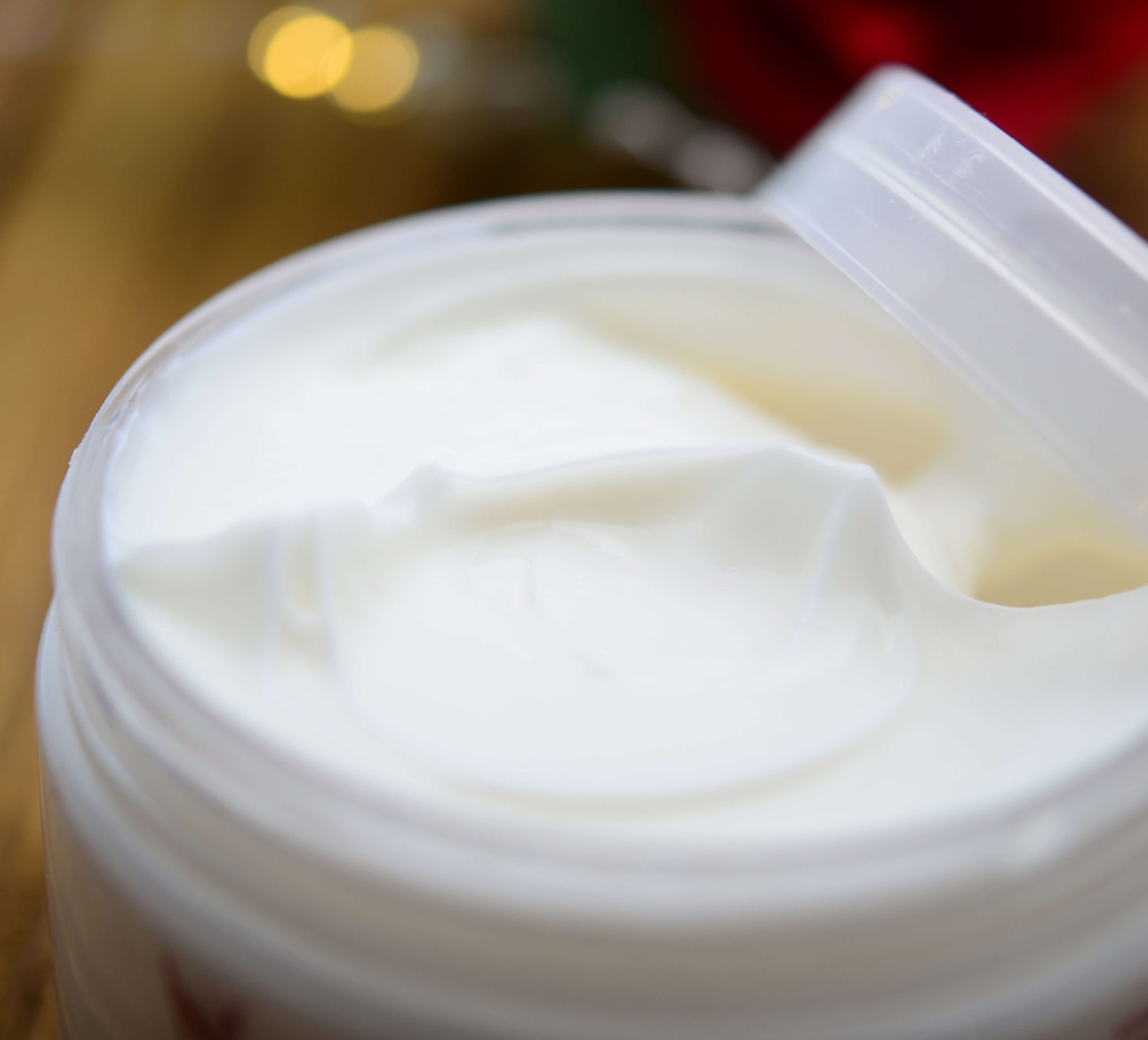
Sometimes, the skin can react to antibiotics by feeling very itchy. When this happens, it can be tempting to scratch at your skin in an attempt to provide some relief. However, all this will do is damage your skin, causing micro-tears and inflammation.
Instead, if your skin is feeling itchy, you need to be very gentle with it. Pat it or tap it instead of scratching it, or try holding a cold compress against the itchy areas. Cold temperatures are great for lowering inflammation, which is what’s causing the itching.
A cool bath can help too, especially if you add some colloidal oatmeal in. Once you’re out of the bath, quickly slather your body in a rich cream, such as the Vine Vera Intensive Shea Body Butter. This will form a seal over your skin’s surface, preventing moisture from evaporating away, which would have only left you feeling itchier! Plus, the shea butter in this cream is full of fatty acids that will work to leave your skin feeling calmer.
Dry Patches
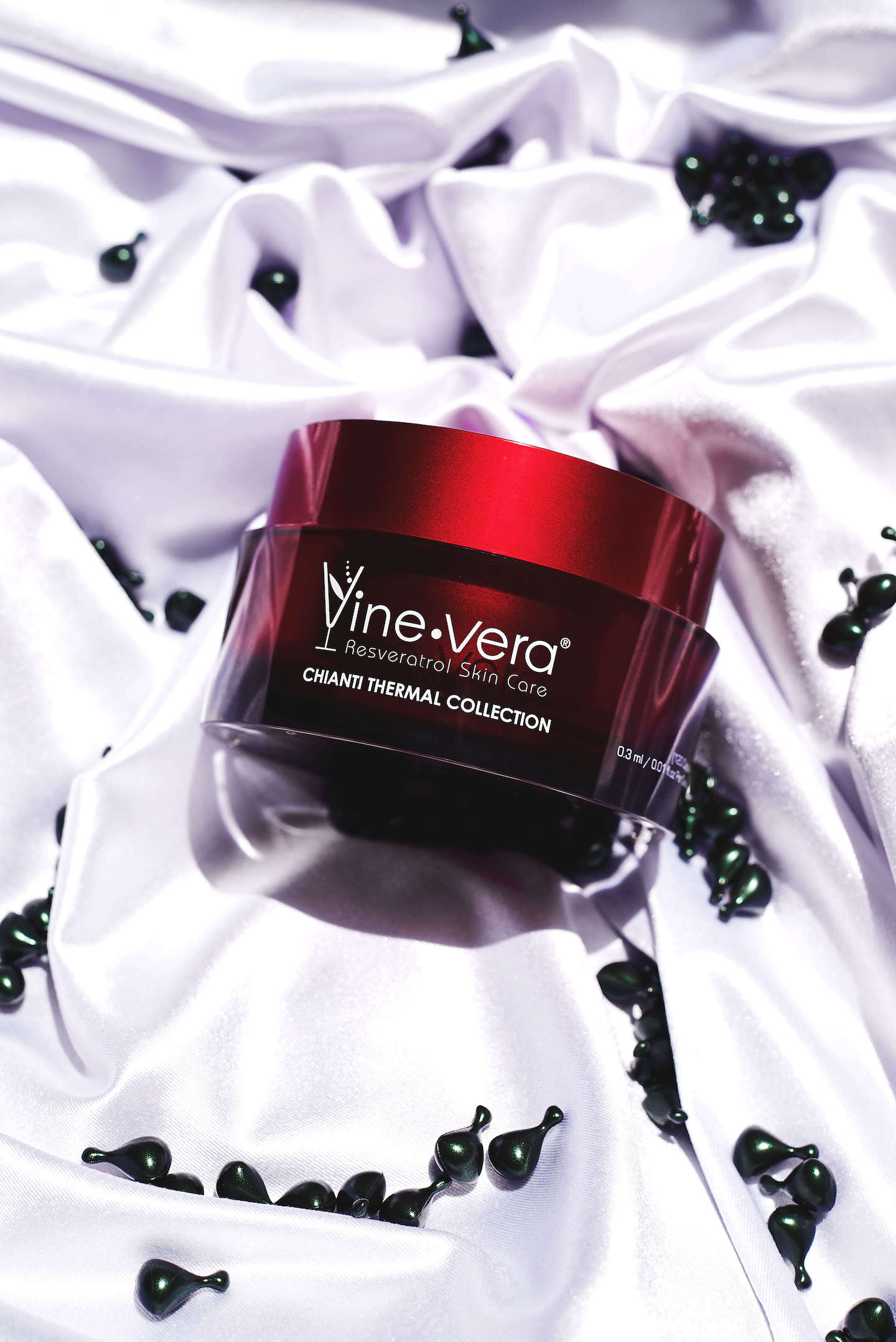
Antibiotics can sometimes affect the skin’s sebum production. Sebum is the natural oil produced by your skin. It keeps the surface of your skin lubricated and conditioned. Without enough sebum, dryness occurs, and dehydration usually follows.
If your antibiotics have caused sebum production to decline, then you’ll need to compensate for this. How? By using a rich cream to create an additional layer over your skin’s surface – similar to what your sebum should be doing.
Again, shea butter and aloe vera are two ingredients that can really help. You’ll find them both in the Vine Vera Resveratrol Cabernet High Potency Moisture Day Cream, as well as the Resveratrol Cabernet High Potency Night Cream. Applying these ingredients to your skin morning and night will quickly counter the feeling of dryness.
If dehydration is an issue too, apply a hydrating serum before following up with a moisturizer. The Vine Vera Chianti Skin Restoring Capsules will leave your skin feeling deeply hydrated and touchably soft!
Rashes
In rare cases, allergic reactions to antibiotics can occur. One of the symptoms of this will be rashes on your skin.
If the rashes are mild and you aren’t experiencing any other symptoms, then following the advice above for dryness will help. Keep your skin moisturized and this will help to soothe the look of your rashes.
On the other hand, if you’re also experiencing other severe reactions, such as blistering, breathing problems, and major swelling, you’ll need to seek medical attention immediately.
Changes in Gut Microbiota
Did you know that skin health is directly linked to gut health? The more diverse your gut microbiome is, the healthier your skin, as well as the rest of you, will be.
Unfortunately, research shows that antibiotics can severely reduce the diversity and balance of gut flora. Multiple studies confirm this, although how long these effects last is still up in the air. Some research points to six months while other studies show that it can take a year or more for the gut to regain a healthy balance after antibiotics have been taken. Whichever the case may be, this means that your skin could be in turmoil for all of this time.
How can you keep your gut feeling healthy while taking antibiotics? That’s where prebiotics and probiotics come in. Probiotics are beneficial bacteria that help to restore balance in the gut. Meanwhile, prebiotics essentially feed that good bacteria, encouraging it to thrive.
While supplements for both are available, there are also plenty of foods that contain them. Probiotics can be found in fermented foods, such as yogurt, sauerkraut, kefir, and kimchi. Prebiotics, on the other hand, can be found in foods like whole grains, garlic, bananas, apples, and artichokes. These foods will boost the health of your gut at any time but become even more important when antibiotics are interfering with how your gut functions.
Limiting Your Use of Antibiotics
Not only can the use of antibiotics be detrimental to your skin but they can also easily lead to antibiotic resistance, a problem that many are now facing. As a result, it would be worth avoiding the use of antibiotics whenever possible, taking steps to ensure that you won’t need them.
How? Well, just like with anything, prevention is better than cure. If you’re able to prevent a bacterial infection from developing, then you won’t need to take antibiotics. This is where good hygiene can be a game-changer. Simple things like washing your hands properly throughout the day and using a hand sanitizer can make a huge difference.
It’s also worth being aware of when antibiotics aren’t going to be helpful. They’re good for treating bacterial infections but won’t do anything for viral infections, such as Covid-19 or the flu. Even with minor bacterial infections, such as a sinus infection, antibiotics aren’t always needed. These problems will often clear up on their own with the right care, so don’t be quick to jump to antibiotics straight away.
Summary
As much as you may try to avoid taking them, antibiotics are sometimes necessary. If you end up needing a course of antibiotics for whatever reason, recognizing the effects that they could have on your skin and taking steps to prevent this will help to keep your complexion healthy and happy while you’re recovering.
Click here to browse more bestselling skincare products from Vine Vera.




 A.U.
A.U. B.R.
B.R. C.A.
C.A. M.X.
M.X. C.H.
C.H.


